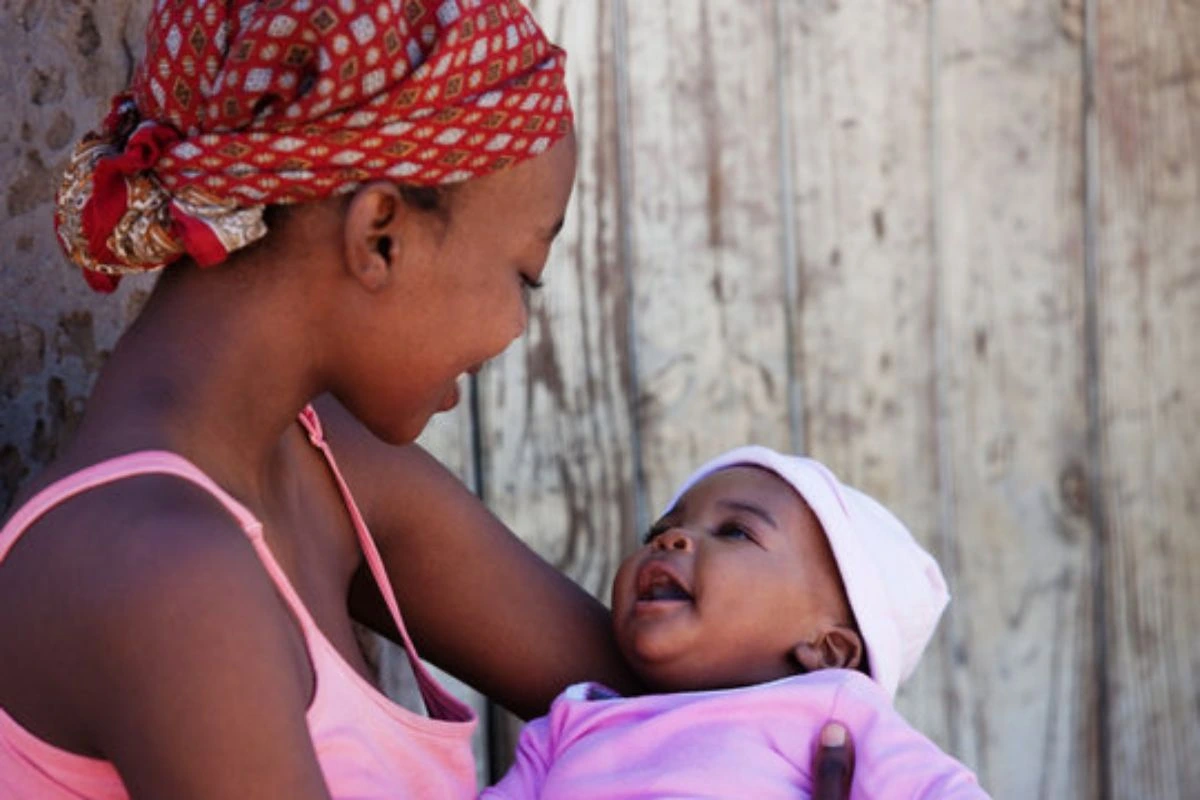Are IVF Babies Stronger?

In vitro fertilization (IVF) has been a beacon of hope for many couples facing infertility, enabling them to conceive and bear children. However, the health and vitality of IVF babies often become a topic of discussion among prospective parents. When considering IVF treatment, it's crucial to understand not just the process but also the health implications for the children born through this technology. In Kenya, where access to advanced reproductive technologies is improving, the Best IVF treatment in Kenya is sought after by many looking to start a family. This article explores whether IVF babies are stronger and what factors might influence the health of children born through IVF.
Understanding IVF
IVF involves combining eggs and sperm outside the body in a laboratory setting. Once an embryo or embryos form, they are transferred to the uterus. IVF can include using the couple's eggs and sperm or those from donors. It is often used when other methods of assisted reproduction have failed, in cases of severe male infertility, or when a woman's fallopian tubes are blocked.
Health of IVF Babies
Whether IVF babies are "stronger" requires a nuanced understanding of what strength means in this context. Here, it refers to the overall health and physical robustness of children born through IVF compared to those conceived naturally.
1. Genetic Screening
IVF allows for genetic screening, known as preimplantation genetic diagnosis (PGD) or screening (PGS). These processes can identify embryos with chromosomal abnormalities or genetic disorders before they are implanted, potentially leading to healthier babies by reducing the risk of genetic diseases.
2. Birth Outcomes
Studies on birth outcomes of IVF babies have shown mixed results. Some research suggests that IVF can be associated with a slightly higher risk of preterm birth, low birth weight, and neonatal intensive care admissions. However, these outcomes are often influenced by multiple factors, including the reason for infertility and the use of multiple embryo transfers.
3. Long-term Health
In terms of long-term health, most children born through IVF are just as healthy as those conceived naturally. Research continues in this area, but current data suggest that while there might be a slightly increased risk of some health issues, these are generally not significant. IVF children are found to grow normally and show similar developmental milestones to other children.
4. Parental Factors
It's important to consider that many couples undergoing IVF may have underlying health conditions that contribute to infertility, which could also affect their children's health, regardless of the conception method. For instance, older parents might have a higher risk of genetic abnormalities in their offspring.
5. Environmental and Lifestyle Factors
Post-birth environment and parental care also significantly influence a child's health. Proper nutrition, healthcare, and a loving environment are critical components that determine a child's strength and health more than the method of conception.
Benefits of IVF
In vitro fertilization (IVF) offers several significant benefits for individuals and couples facing fertility challenges. Here are five key advantages of IVF that highlight its importance in helping many achieve their family-building goals:
1. Overcomes Various Infertility Problems: IVF is highly effective for a wide range of fertility issues, including severe cases of male infertility, blocked fallopian tubes, and women with conditions like premature ovarian failure or diminished ovarian reserve. It provides a viable solution where other fertility treatments may be less effective or not feasible.
2. Increases Chances of Conceiving: IVF typically has higher success rates compared to other assisted reproductive technologies, particularly for younger women or those using donor eggs. The process allows for multiple eggs to be stimulated, retrieved, and fertilized, increasing the number of embryos available for implantation, which can significantly enhance the likelihood of pregnancy.
3. Flexible Timing: IVF allows couples to have control over the timing of their pregnancy. They can choose when to start the process and can also store embryos for future use. This is especially beneficial for those who need to delay pregnancy due to health, career, or other personal reasons.
4. Assists Diverse Family Structures: IVF is invaluable for same-sex couples, single individuals, and others who wish to have children. Through the use of donor sperm, donor eggs, or surrogates, IVF makes parenthood possible for a diverse array of family structures, enabling many to fulfill their parenting desires.
5. Multiple Pregnancy Options: While often seen as a risk, the possibility of twins or triplets is sometimes considered a benefit by some couples using IVF. Although modern medical practice typically aims to reduce the likelihood of multiples to avoid complications, the ability to implant more than one embryo can be an advantage for those hoping for multiple births in a single pregnancy cycle.
Conclusion
While IVF babies may face certain medical challenges related to their mode of conception, they can grow to be just as strong and healthy as naturally conceived children, particularly when any underlying health issues are managed effectively. The use of genetic screening in IVF can also provide opportunities to address potential genetic issues early on, which might not be possible with natural conception.
Ultimately, the strength and health of a child are influenced by a complex interplay of genetic, environmental, and parental care factors. With the advancements in IVF technology and increasing access to the best IVF treatment in Kenya, parents have substantial support to help ensure their children lead healthy, vibrant lives.
